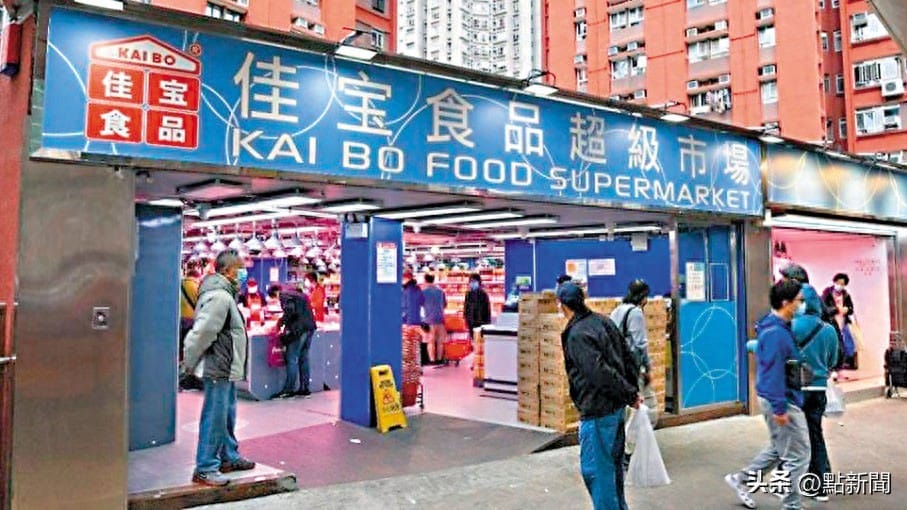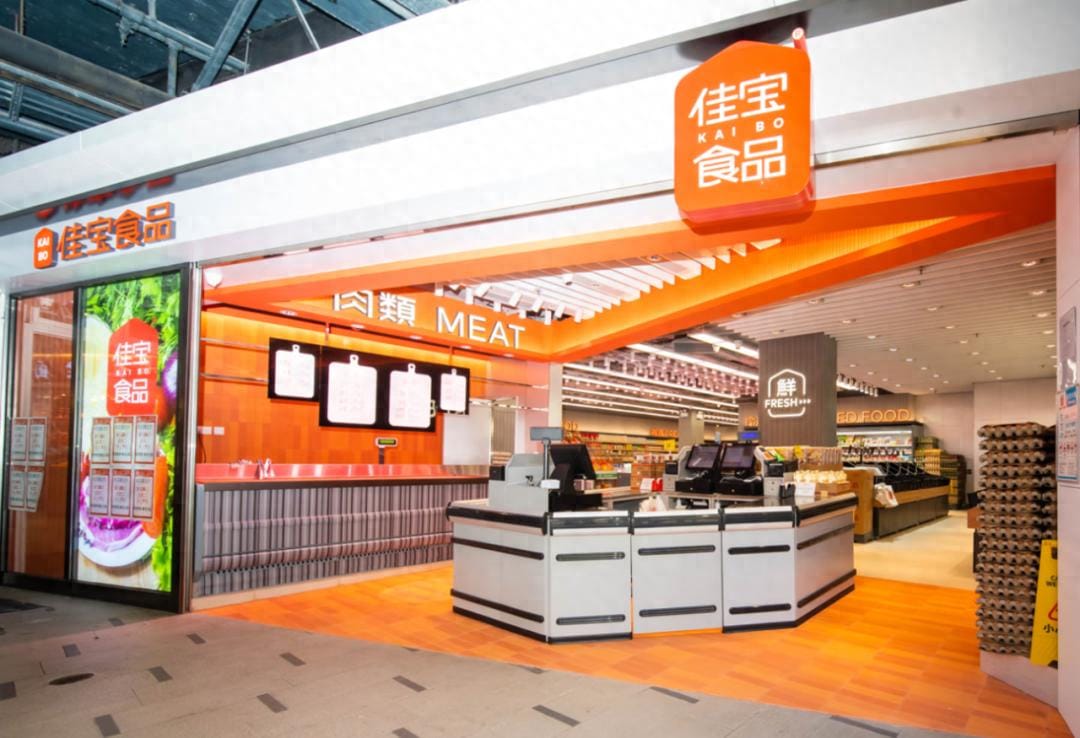JD.com Acquires Hong Kong Supermarket Chain Kai Bo, Expands Offline Retail
JD.com’s acquisition of Kai Bo marks a major step in strengthening its offline retail presence in Hong Kong, promising new discounts and improved supply chain efficiency.

@yingztoe3r7 ♬ 原聲 - 国际金融报 - 国际金融报
JD.com's Strategic Expansion into Hong Kong's Retail Market 🛒
On August 15th, JD.com announced the completion of a significant acquisition — the Hong Kong supermarket chain Kai Bo Food Supermarket. This move officially marks JD.com’s ambitious entry into the offline retail sector in Hong Kong. The deal encompasses Kai Bo's retail network, properties, and a large workforce, setting the stage for JD.com's deeper integration into physical retail spaces.
Founded in 1991, Kai Bo operates over 90 stores across Hong Kong, offering a wide range of frozen poultry, seafood, groceries, fresh vegetables, and fruits. This acquisition not only broadens JD.com's footprint but also fortifies its supply chain in this competitive market.

Exciting Promotions and Consumer Benefits 🎉
In a bold customer-centric move, JD.com Kai Bo supermarkets launched a storewide 20% discount promotion from August 16th to 18th. This initial campaign covered dozens of products sourced directly from JD.com's extensive supply chain. For shoppers in Hong Kong, this means access to higher product diversity at more attractive prices — a true win-win!
JD.com's leadership emphasized that integrating Kai Bo’s offline network will enhance both product variety and price competitiveness in the market, further intensifying competition and consumer choice. This raises an important question: Will traditional supermarkets across Hong Kong feel heightened pressure to innovate and reduce prices? Probably yes.
Broader Ambitions and Global Moves 🌍
While the Kai Bo acquisition solidifies JD.com's presence in Hong Kong, it’s only part of a wider global strategy. Last year, JD.com bolstered its Hong Kong investment by allocating RMB 1.5 billion towards price and logistics subsidies, underscoring its commitment to this market’s growth.
On a grander scale, JD.com is aggressively expanding into Europe, preparing to acquire German retail giant CECONOMY for 2.2 billion euros. This would mark one of the largest Chinese e-commerce expansions into European retail ever, signaling JD.com's readiness to play on a worldwide stage.
Financial Performance and Growth Outlook 📈
The company’s Q2 2025 report showcased impressive numbers — revenue surged 22.4% year-on-year to RMB 356.7 billion, smashing market expectations. New business areas like food delivery saw a staggering 199% revenue increase. Such figures demonstrate the effectiveness of JD.com’s strategy to blend online and offline retail and diversify its offerings.
JD.com’s CEO Xu Ran expressed a long-term vision for the food delivery business, emphasizing sustained growth over the next two decades. This highlights a broader trend: in retail and e-commerce, patient investment and integration often deliver the best returns.
Final Thoughts: What This Means for Retail and Consumers 🤔
JD.com’s acquisition of Kai Bo raises important questions for the retail landscape:
- Will this trigger a wave of offline retail consolidation in Hong Kong and beyond?
- How will competitors adapt to the increasing integration of supply chains and aggressive pricing?
- What new innovations might emerge from merging e-commerce efficiency with traditional supermarkets?
For consumers, the answer is exciting — more choices, better prices, and enhanced shopping experiences. But for retailers, the message is clear: stay agile or risk losing ground in a rapidly evolving marketplace.
Ready or not, the future of retail is here, and JD.com is leading the charge.




